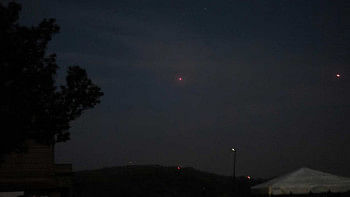Nations rally behind UN resolution
Addressing the current uproar over US eavesdropping, the German and Brazilian delegations to the UN opened talks with diplomats from 19 more countries -- including close US allies France and Mexico and rivals Cuba and Venezuela -- in a bid to draft a General Resolution promoting the right of privacy on the Internet.
The effort to curb the National Security Agency's surveillance network is building momentum while concerns within the US intelligence community are growing that the NSA maybe freelancing foreign policy by eavesdropping on more than three dozen world leaders.
A copy of the draft obtained by Foreign Policy's The Cable on Thursday, calls on states "to respect and ensure the respect for the rights" to privacy, as stated in the 1976 International Covenant on Civil and Political Rights.
US State Department spokeswoman Jen Psaki on Friday responded to questions concerning The Cable's initial report and said the draft would be reviewed when the full text was available and added that the US initiated a review of its surveillance practices in order to "balance security needs with privacy concerns."
The draft requests that the UN High Commissioner for Human Rights report to the UN General Assembly twice in the next two years on "human rights and indiscriminate surveillance" with "views and recommendations" aimed at "identifying and clarifying principles, standards and best practices on the implications for human rights of indiscriminate surveillance."
NSA spokesperson Vanee Vines, said that the agency: takes its cues from higher up the official chain of command, is not a free agent, and that its activities “stem from the National Intelligence Priorities Framework.”

 For all latest news, follow The Daily Star's Google News channel.
For all latest news, follow The Daily Star's Google News channel. 



Comments